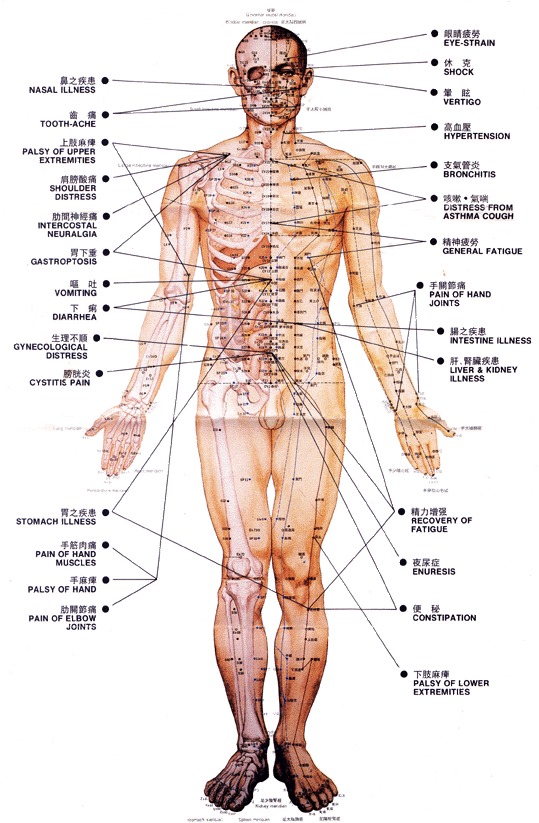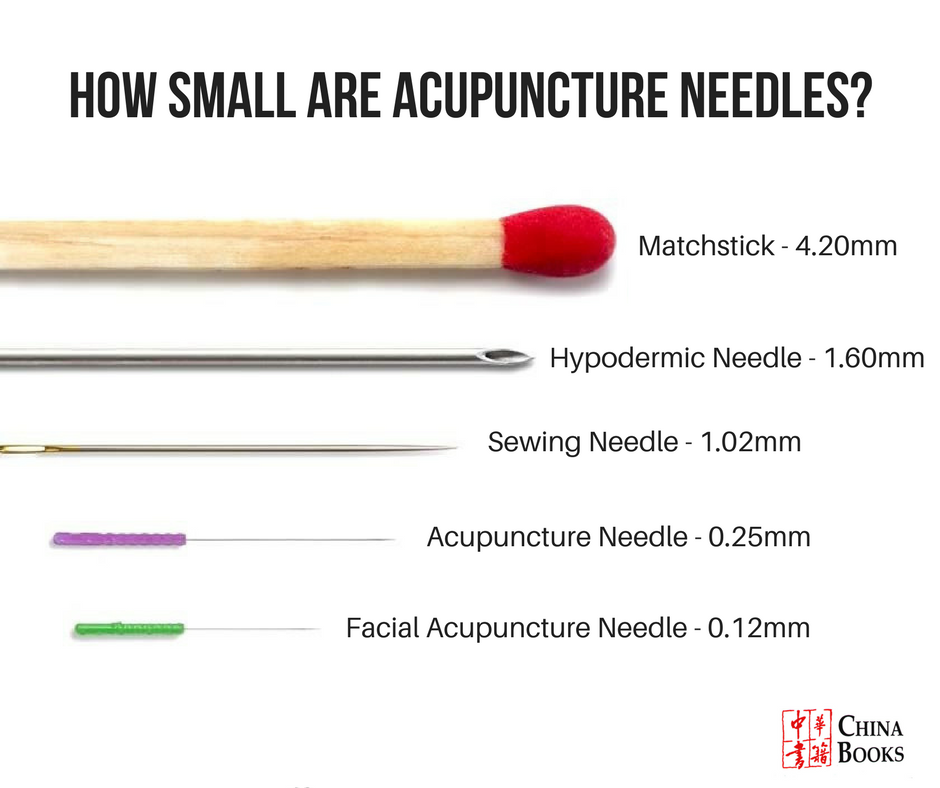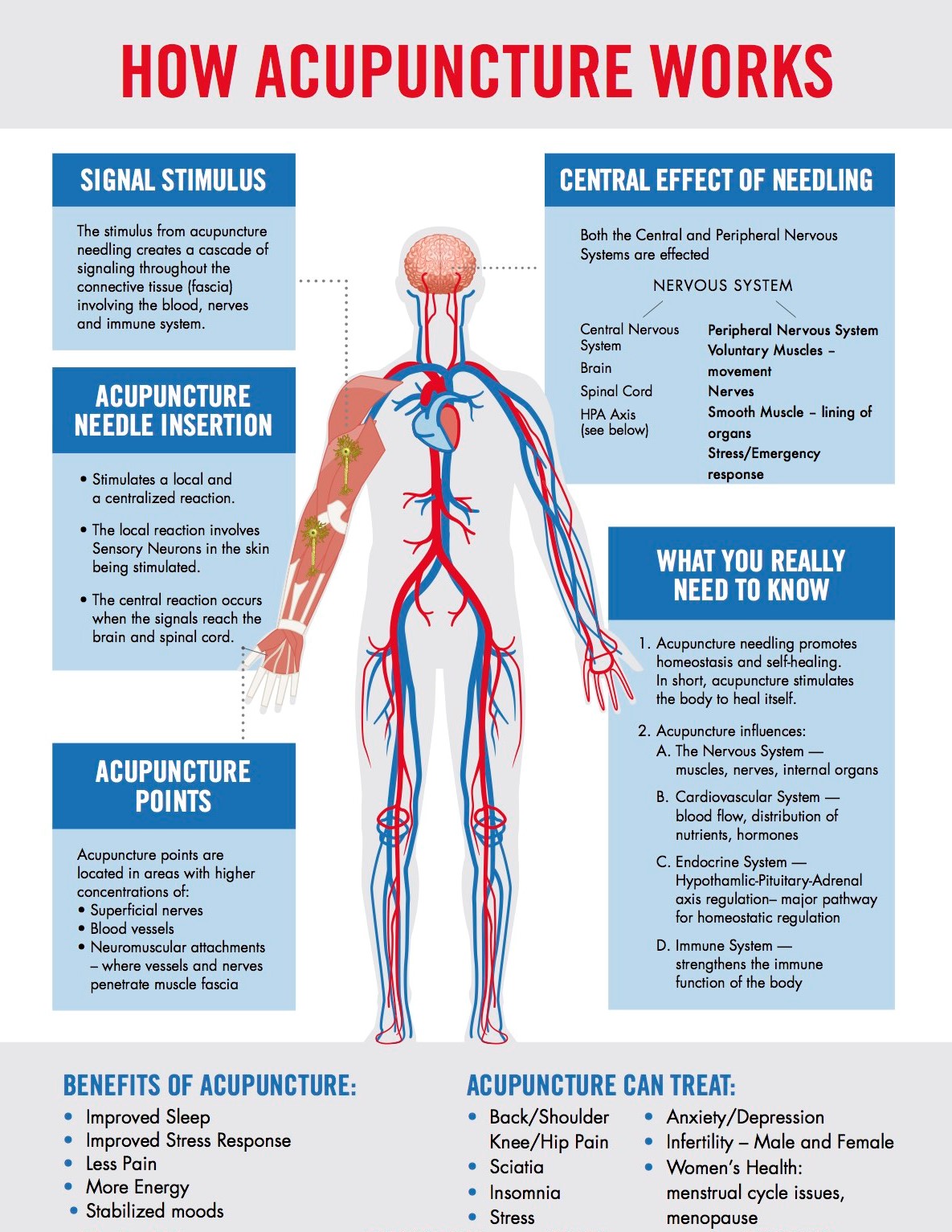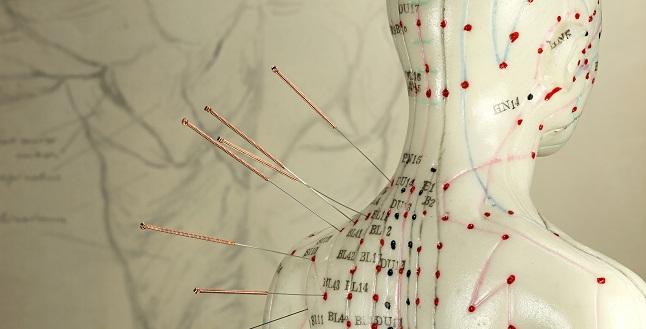Acupuncture is a traditional Chinese medical practice that uses needles to treat pain by stimulating points in the body. Though acupuncture is believed to have originated in China over 5,000 years ago, it has become recognized as an essential treatment for various conditions today.
This article can help patients find relief for their pain and inflammation by providing readers with an understanding of acupuncture. Additionally, by informing potential patients about acupuncture's benefits and possible side effects, patients can decide whether or not acupuncture is right for them. Let's start.
What is acupuncture?
Acupuncture is a centuries-old medicine that uses needles to stimulate specific points in the body. It's beneficial for treating various conditions, including pain, anxiety, and stress relief. Because acupuncture is an ancient medicine, it effectively treats multiple diseases. Additionally, acupuncture is an efficient treatment for pain relief in chronic patients.
Acupuncture in the modern world
According to the Journal of Pain, 16.4 million Americans experience level 4 discomfort, the most severe form of discomfort estimated to affect 25.3 million people in 2012.
Acupuncture was used by 3.5 million Americans in the previous year, up from 2.1 million people in 2002, according to the National Health Interview Survey from 2012. However, this indicates that acupuncture isn't considered a pain management option for most Americans, accounting for roughly 1.5% of the population.
In the Philippines, acupuncture is introduced to the Western medical system as a relief treatment for chronic pain. Acupuncture is an effective treatment for chronic pain and can help patients manage their pain more effectively. According to physician and acupuncturist Dr. Fe Jocelyn Merced, "Acupuncture points correspond with specific meridians, energy pathways in the body that are believed to be associated with specific health problems. By stimulating acupuncturist points, acupuncture can unblock qi (vital energy) flow and help restore balance within the body."
Acupuncture has much potential as pain management and alternative medicine, which is still underutilized. The biggest hurdle is a lack of understanding of what acupuncture may be beneficial for and a general fear of needles. According to several individuals, acupuncture treatment is reported to be considerably less bothersome (sometimes not at all) than what the patients anticipated. The association with needles is generally negative, so many expect it to feel like getting a shot or having their blood drawn.

What does acupuncture feel like?
When the needle is inserted, most people say they feel a little discomfort. The needle is inserted in a specific location that causes pressure or pain. During the treatment, needles may be heated, or a mild electric current may be applied. Acupuncture is said to energize some people. Others claim they are comfortable.
Acupuncturists use different points on the body to treat specific issues. Needles are inserted into specific points on the body and manipulated in a figure-8 fashion to improve circulation. Acupuncture is thought to work by stimulating acupuncture points which then release endorphins, hormones that block pain signals from being sent to the brain.
The needle may be placed incorrectly, causing discomfort during treatment. In addition, to prevent infection, hands must be sterilized. Therefore, it's critical to find a reputable acupuncture practitioner for treatment.
What types of needles are used in acupuncture?
Acupuncture is typically performed with thin needles known as fine points or single meridians needles. These needles are inserted into specific points on the body where they stimulate nerve endings and release pain-relieving chemicals.

How does acupuncture affect the body?
The insertion of acupuncture needles into specific points on the body leads to the stimulation of these points. This stimulation can help improve several conditions in the body, including pain relief, depression symptoms, menstrual cramps, headaches, and neck pain.
What are the benefits of acupuncture?
Acupuncture treatment is effective for various conditions, including pain relief and improved function. Acupuncture, medicine, and traditional Chinese medicine are widely publicized today. Traditional Chinese medicine is used by millions of people worldwide. The acupressure technique can relieve pain caused by muscular injuries or sprains and even back aches in the spine.
Some expected benefits of acupuncture include the following:
- Reduced pain symptoms- Acupuncture can significantly relieve chronic pain. In some cases, it may be as effective as traditional medical treatments such as opioids or surgery.
- Better sleep quality- Acupuncture has also been shown to improve sleep quality in patients with chronic pain syndrome. This is likely due to its effects on relieving pain and improving overall mood.
- Improved physical function- Acupuncture can improve physical function in several ways. For example, it may help reduce pain and inflammation, promote blood flow, and boost the immune system.
- Chronic pain - Acupuncture may be effective for treating chronic pain, which is pain that lasts longer than six months.
- Depression symptoms- Acupuncture has been shown to help relieve depression in Chinese and western medical studies. This likely stems from acupuncture's ability to improve sleep quality and reduce pain.
- In addition, acupuncture has been shown to boost the immune system and help fight inflammation. This can be beneficial for people with depression who have high levels of inflammation in their bodies.
- Carpal tunnel - One of the most common conditions treated with acupuncture is carpal tunnel syndrome. Acupuncture effectively relieves pain and improves function in people with this condition.
- Menstrual cramps - Acupuncture has also been effective in relieving menstrual cramps. This is likely due to acupuncture's effects on reducing pain and improving blood flow.
- Migraines and neck pains - Acupuncture effectively reduces the severity and number of headaches, including migraines and neck pain. This likely stems from acupuncture's effects on reducing pain, improving blood flow, and boosting the immune system.

Are there any side effects of acupuncture?
While acupuncture has some benefits, it has a few potential side effects. Some of the most common side effects include:
- Nausea and vomiting- Acupuncture may cause nausea and vomiting in some patients due to stimulating the central nervous system. If this occurs, you may want to avoid treatment if possible.
- Dizziness and lightheadedness- These symptoms are usually mild but can be bothersome depending on your circumstances. If they're severe or persistent, speak to your acupuncturist about possible treatment options.
- Headache- Acupuncture can cause headaches in some people, most of which subside after treatment is completed. If you experience persistent headaches, speak to your acupuncturist about potential therapies.
- Stomach pain- This side effect is usually mild and occurs only in a small minority of patients. However, seek medical attention if stomach pain continues or worsens after acupuncture treatment.
Considerations when choosing acupuncture
Here are some considerations: first and foremost, speak with your doctor to see if acupuncture is a good fit for you. Additionally, ensure the acupuncturist you choose is highly qualified and experienced in treating specific cases. Also, acupuncture can be an excellent treatment for chronic pain, anxiety, and other conditions. Finally, it's essential to find a practitioner who can help you address all of your specific needs. So, if you're considering acupuncture as a treatment option, don't hesitate to consult with a doctor and explore all of your treatment options.
Recovery and outlook
Acupuncture is a treatment that has been used for centuries for various reasons. The benefits of acupuncture extend beyond the treatment room and into patients' lives. They report improved mental well-being and reduced stress levels. Acupuncture is also effective in treating pain, inflammation, and other problems. So, if you're looking for relief from chronic pain, acupuncture may be the treatment for you.
What happens after an acupuncture treatment?
After acupuncture treatment, most patients experience relief from pain and inflammation. However, depending on the individual's symptoms, some may experience improved mental well-being or stress relief. Patients typically report feeling more rested and relaxed after a treatment. Acupuncture is a relatively low-risk treatment option that has many benefits for patients. If you're considering acupuncture as a potential treatment for yourself or a loved one, be sure to speak with your doctor first to see if it's an appropriate choice based on your specific condition.
How often should I get treatments?
Since treatment is a long-term process, getting regular check-ups and treatments is essential. Ideally, patients should visit the doctor every three months to assess their health and treatment needs. In addition, patients should contact their doctor as soon as possible if there are any changes or complications.
What should I do if I experience side effects?
Please consult your doctor if you experience any side effects after an acupuncture treatment. For example, some people may experience lightheadedness, dizziness, or vomiting. If these symptoms persist or become severe, please get in touch with your doctor immediately.

Conclusion
Acupuncture is a form of alternative medicine that has been practiced for centuries. It is based on the belief that the body is connected to the qi or energy flow of the universe. By stimulating specific points in the body, acupuncture can help to restore balance and improve health. While acupuncture has many benefits, weighing these benefits against any potential side effects is essential. If you are considering acupuncture to treat a condition, speak to your healthcare provider to ensure that it is the best option. Thank you for reading!